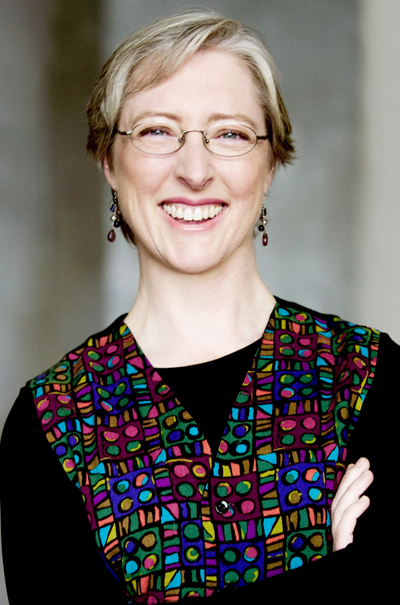 I was raised in the Carolinas and Appalachian Ohio by a piano teacher mother who taught me to love music, and a minister father who taught me to love language. Webelieved in a tolerant God, social justice, hard work, speaking our minds, harmonizing loudly, and eating waffles on Sunday nights. I wrote many songs when I was a teenager, some of which were not too bad. All in all, it was a pretty good way to grow up.
I was raised in the Carolinas and Appalachian Ohio by a piano teacher mother who taught me to love music, and a minister father who taught me to love language. Webelieved in a tolerant God, social justice, hard work, speaking our minds, harmonizing loudly, and eating waffles on Sunday nights. I wrote many songs when I was a teenager, some of which were not too bad. All in all, it was a pretty good way to grow up.
In college I learned that the canon of music was bigger and more amazing than I’d ever dreamed, and that music theory held more expressive possibilities than I could ever fully explore. After nine years in the academic world, with a fresh doctoral degree in hand, I set out to become a “freelance composer.” The only problem was that I had absolutely no idea what that meant.
Sure, I knew how to compose colorful works for orchestras and art songs for professional vocalists, but I was not passionate about writing this kind of music. What was my music’s purpose? For whom was I writing? I didn’t even know what my music was supposed to sound like. Much of the time, I felt lost.
From time to time — “on the side” — I would write a choral piece for my own Unitarian Universalist congregation. Those compositions were always fulfilling to me, but the academically trained voice inside my head would inevitably chastise me for not spending more time composing big impressive works. “Silly girl,” it whispered.. “You will never become a ‘real composer’ if you keep writing this kind of music!”
In 1998, against the advice of said voice, I took myself to the UUMN Annual Conference in Providence, Rhode Island. I could hardly believe that such a thing existed — a collection of talented musicians committed to liberal religious worship through music. These were the people for whom I wanted to write music.
I boarded the return flight with my purse and my suitcase, but the voice inside my head remained behind, left to fend for itself by the banks of the wild Woonasquatucket. Back at home, I wholeheartedly threw myself into composing music in which the sacred and the secular danced side by side...for the past 16 years.
Hmmm...about that music. Some of it is appropriate for Sunday morning anthems, while some is better suited for the concert hall. Some songs contain religious concepts — prayer, blessings, God, soul — while others celebrate peace, gratitude, spring, music, protest, tenacity or mangoes. I find lyrics in poems, proverbs, prayers, prose, Prairie Home Companion monologues, and sometimes deep within myself. But as far as I’m concerned, all of it is music for liberal religious worship, celebrating or seeking the divine. And happily, that knowledge finally helped me understand what my music was supposed to sound like.
At the same time, some of my music is more than just a little Unitarian Universalist. I’ve set texts by historic luminaries like Emerson, Whittier and Fahs, as well as by a dozen UU ministers and poets. I owe the inspiration of my choral manifesto Cherish Your Doubt to a great piece of writing by Rev. Robert Weston. And my concert-length musical review, Go Out!, includes a setting of The Edict of Torda, in an archaic Hungarian dialect. (Yes, I’m a card-carrying Liberal Religious Nerd.)
I make my living composing and publishing my music, and interested musicians can learn about it at www.seafarerpress.com. It’s a pretty cool website which allows users to search and sort by genre, voicing and difficulty. Users can also see lists of music organized by Theme (like “Flower Communion” or “Unitarian Universalist”) or Musical Style (like “Consummately Classical” or “Genre-Benders.” www.seafarerpress.com/list_of_cool_search_criteria Along with music for purchase, there
are also Complimentary Choral Score Packets! www.seafarerpress.com/works/sample-packets-choral-music
